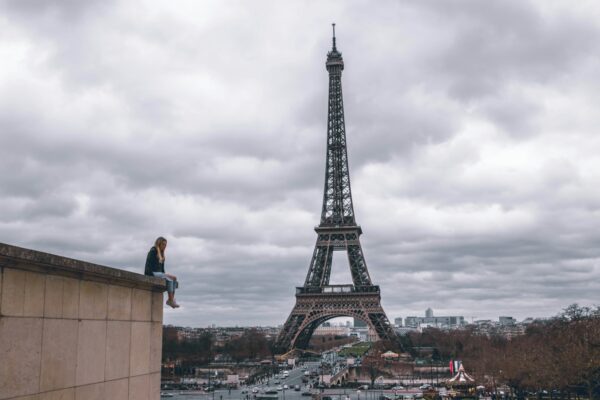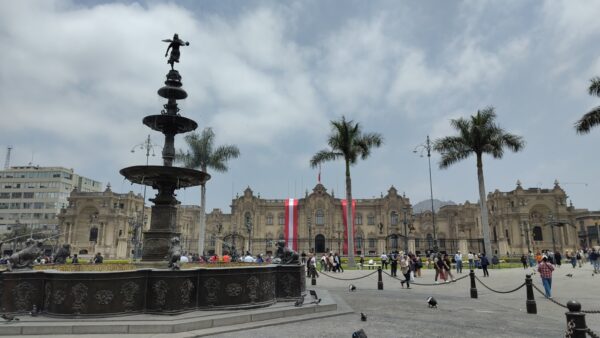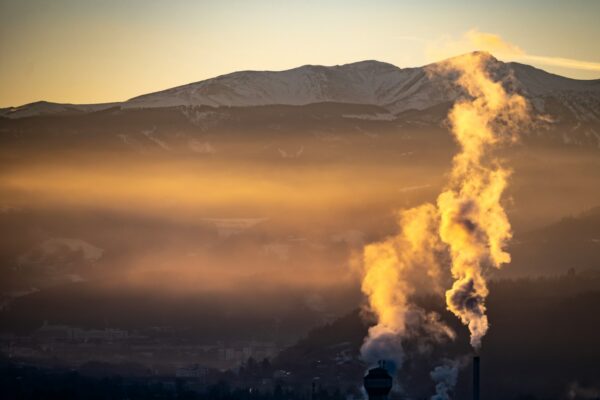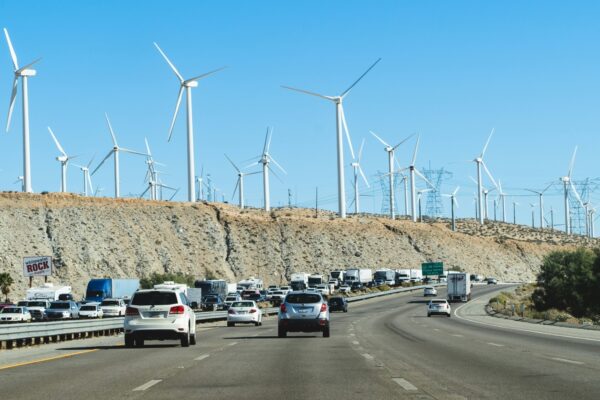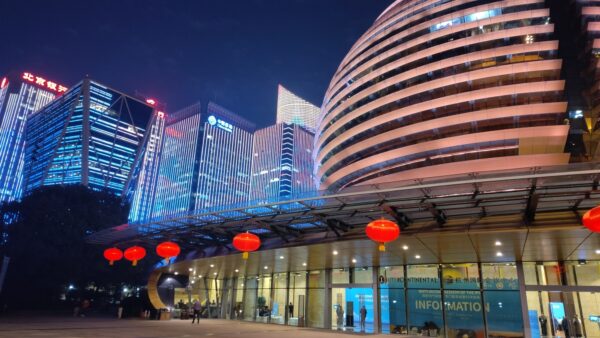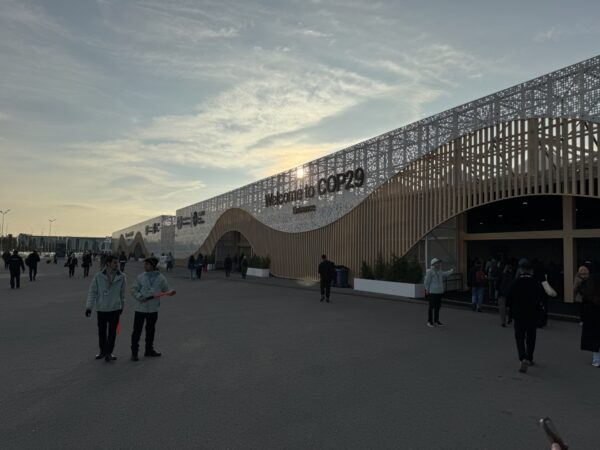Time to move from plans to action: how the EU can reduce its Russian gas dependency now
Andrzej Ancygier, Ryan Wilson
Share
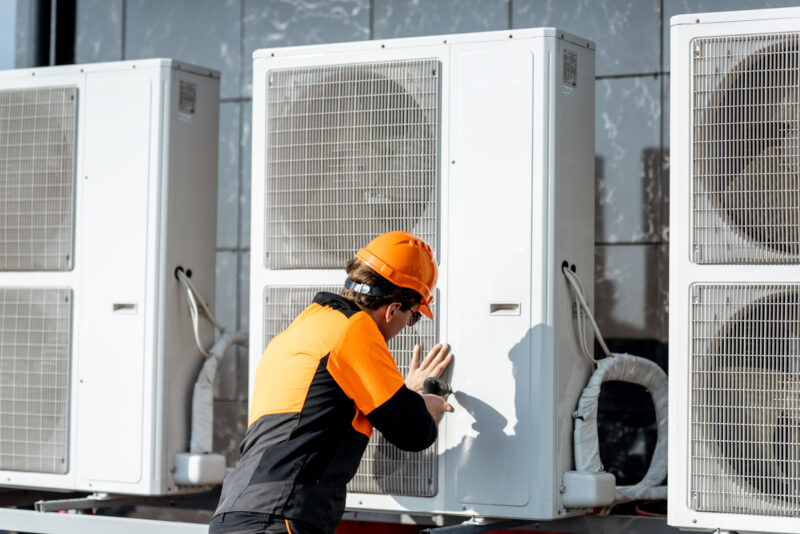
The Russian invasion of Ukraine has forced Europe to rethink its relationship with fossil gas. In 2020, natural gas constituted 25% of the EU’s total energy supply, of which 40%, or 155 bcm, was sourced from Russia.
EU leaders agreed in their Versailles Declaration to “phase out [EU’s] dependency on Russian gas, oil and coal as soon as possible”.
Over recent weeks, a number of studies (e.g. E3G et al, AgoraEnergiewende, Allianz) have looked at how Europe could wean itself off this addiction. The European Commission’s REPowerEU plan assessed that the EU could reduce its dependency on Russian gas by up to 102 bcm, or 66% by the end of 2022 and become fully independent by 2030. By mid-May the Commission is set to propose a plan on how to end the dependency by 2027.
We are witnessing a major acceleration of EU policy-making. But over seven weeks into the war, we need to move from planning to action, especially in light of the ever more horrifying images of attacks on civilians. Financing the Russian war machine through our fossil fuel dependence simply must stop.
Below we cover some of the numerous no-regret measures that should be rolled out immediately.
“Heat pumps for peace”
By the end of 2020, about 15 million heat pumps had been installed in the EU, with 1.6 million installed that year only. The Commission proposes to double that in 2022, but this is far from adequate and much less than what is possible. For comparison, it is less than the 3.5 million installed in the US, that has fewer residents, in 2020.
There is a need for more innovative thinking like the “heat pumps for peace idea, that President Biden’s administration is said to be seriously considering and which would involve scaling up heat pump manufacturing and sending them to Europe.
A more ambitious 10 million installations in the EU by next winter would reduce natural gas consumption by around 15 bcm, or 10% of Russian imports.
Rapidly ramping up heat pump production would present a logistical challenge, but we needn’t look any further than the ongoing COVID-19 pandemic for an example of the ability to shift manufacturing capabilities in times of crisis.
Training for heat pump installers and adapting assembly lines should start immediately. Government contracts could drive demand higher.
Financing for heat pumps must also change. Currently, in most EU member states homeowners receive subsidies only after the installation is completed, paperwork finalised, and existing heater removed. A subsidy at the time of purchase, as used already to stimulate electric vehicle demand, would eliminate burdensome bureaucracy, and reduce wait-time and uncertainty related to receipt of payment. This approach should also be applied more broadly for all energy efficiency upgrades.
Solar PV and solar thermal…
While heat pumps should be rolled out over the next six months prior to winter, solar PV installations should be ramped up immediately to take advantage of the summer months.
As with heat pumps, the current pace of solar PV installations is behind what’s possible keeping in mind the radically decreasing costs and increasing manufacturing capacity of this technology. Each kilowatt-hour of electricity from solar PV reduces between 2-3 kilowatt hours of natural gas, that could be stored for winter to heat our homes.
The solar PV installation process needs to be radically simplified, especially for small installations, which should be freed from VAT to reduce upfront investment costs.
Permits should be replaced by notification across the EU and due to its simplicity, adequately adapted net metering should be the preferred form of accounting for generated electricity. Caps on the size of household installations should be increased or completely abolished.
For larger installations and already initiated wind farm projects, permit approvals should be accelerated through additional hiring at the respective authorities. An auctioning system and bonuses for the deployment of installed capacity within 3-6 months would further incentivise solar PV implementation.
Another form of solar energy, solar thermal is more space-efficient, making it ideal for small roofs, while the upfront investment is less than half the cost of an equivalent solar PV installation. Furthermore, solar thermal enables a heat pump to be switched off in the spring and summer months, significantly reducing electricity consumption. If installation of heat pump is for some reason not possible, solar thermal could significantly reduce natural gas demand. Solar thermal installations require different skills and resources than solar PV and would therefore also prevent investment backlogs.
..and many more
The EU has so far achieved limited progress in improving the energy efficiency of buildings. Better windows, draught-proofing, and the use of efficient lighting and appliances, when coupled with the installation of smart heating controls could reduce annual household heating gas demand by 200 mcm.
Replacing just a quarter of gas stoves with induction stoves would reduce gas consumption by over 1 bcm, and represents a greater than 50% efficiency gain over their gas equivalents. Gas street lanterns still popular in some European cities consume around 4500 kWh, equivalent to a quarter of energy used by heating for average gas heated homes. Replacing them with LED lights would reduce annual energy consumption to less than 100 kWh.
While focusing on immediate action, we also need to keep developing and accelerating medium- and long-term measures such as offshore wind and green hydrogen to fully decarbonise our societies and make the EU more resilient, prosperous, and better able to weather future crises.
